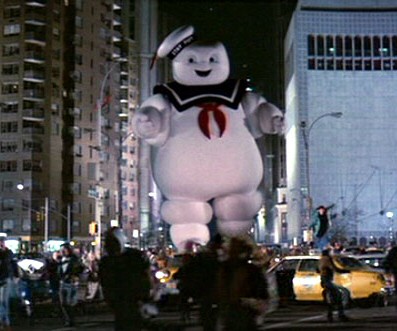Mary Jo Bang’s Elegy
I like chocolate chip cookie dough tons and I like death tons too.
Mary Jo Bang’s collection of poems, Elegy, doesn’t really touch on the former, but it does really touch on the latter.
The completely consuming force of death is illuminated in Mary Jo’s book. When someone asks her to define a day, Mary Jo replies: “Tragic from beginning to end.” As with a deft totalitarian leader, death is unceasingly omniscient: Mary Jo is covered in calamity.
There’s no timeout for Mary Jo. Some shut eye is shut down. In “Beneath the Din” Mary Jo reveals she’s in the “insomnia hour.” Later on, Mary Jo declares, “My ear is a beach / And the sea is talking to it incessantly.” Just as Heathcliff won’t let the Catherines be, death won’t stop his pursuit of Mary Jo. In “No Exit,” Mary Jo refers to her “tragic flawed fate going on and on and on.” It’s as if Mary Jo is a Victorian heroine and death is her boyfriend, who, though mean and rough, is still her one true love.
Death’s determination dismantles Mary Jo’s perception of time. The differentiation of months dissolve and what’s to come collies with the present. “A year in tatters is interrupted by the thought / That the future is manacled / To the indefatigable now of February,” says Mary Jo in “January Elegy.” It’s as if Mary Jo keeps her very own calendar. Death’s supplied her with a new system for marking time, which is what those bellicose, guillotine-inclined French Revolution boys did for a bit by altering the number of days in a week and renaming months.
In Ghostbusters II, the Marshmallow Man’s monstrous steps scatters all the New Yorkers in his path. In Mary Jo’s world, “every step is a dangerous taking.” The Marshmallow Man and death deliver destruction. Each movement is so scary to humans since each movement produces the possibility that humans and human things will be wrecked with impunity. The NYPD (who, unlike liberal New Yorkers, I like) couldn’t punish the Marshmallow Man and they can’t punish death.
So strong is death that non-human entities are scared of it too — even ghosts don’t try speaking to death about baseball or inviting it to tea: they simply “go blank” in its presence.
One of Mary Jo’s poems ends: “These birds eat and eat. Everything.” By birds, is Mary Jo speaking about death? It’s highly likely, since, as with the birds, death can tuck every single thing ever into its tummy.
Another poem of Mary Jo’s commences: “This was the drama / Of impossibility.” Throughout the collection there’s considerable references to performance, such as actors, screens, masks, and audience members. Since everything is performance (and everything really is a performance, so hush), death’s show is the best one, because death lasts forever, and in “Elegy,” Mary Jo spotlights the gargantuan ghastliness of death’s spectacle: “an intolerable end that keeps going on.”

